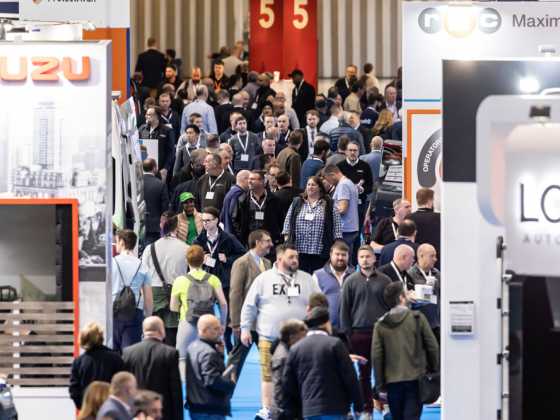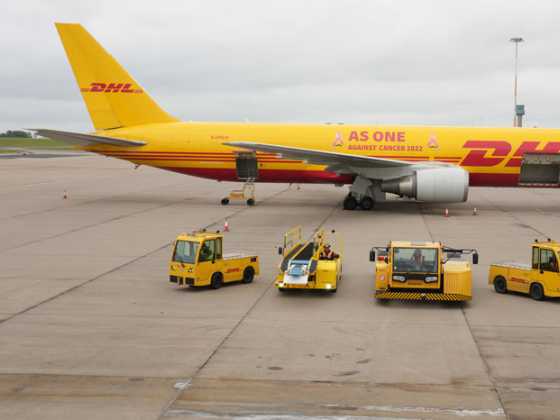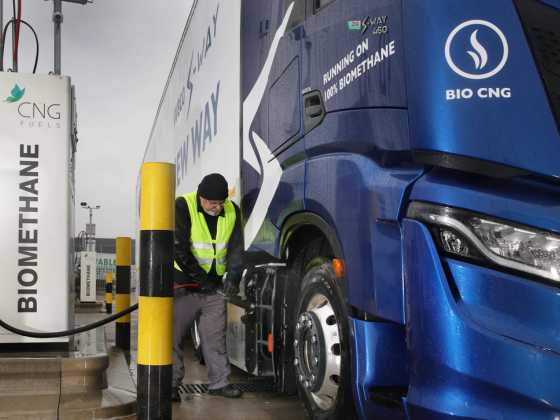Headlines, hype and hard facts

There’s no doubt that the arrival of the latest ‘alternative fuel’ vehicles is having some influence on the new cars and vans we buy. But thanks to a plethora of sensationalist sound-bites, conflicting headlines and bold ‘forecasts’ from tech evangelists, it’s almost impossible to make sense of their impact on our overall fleet, writes LowCVP's Andy Eastlake
Thankfully, the UK government do publish a range of statistics that put the hard facts on the table (without trying to sell us anything), helping us to understand how the overall move to a lower-emission UK fleet is really progressing.
The latest vehicle licensing data for 2017 was published earlier in April and makes interesting reading, with a number of ‘firsts’: we’ve more cars on the UK’s roads than ever before (over 32 million at the end of 2017, 58.8% of which are petrol and 39.6% diesel); and for the first time there are now more pure electric than gas cars (46,000 pure electric v 32,000 LPG and CNG). However, these together still only make up 0.2% of our total fleet, with Hybrids (of all types) being 1.3%. Hybrids and electric are the fastest growing sector too, with over a 30% year on year increase. The vast majority of these Hybrids are petrol powered (with or without a plug).
Just as importantly, the average age of our cars is now the highest it has ever been at 8.1 years old, with 70% of the fleet now more than 4 years old. Interestingly, the average age of our petrol cars is 9.1 years, compared to only 6.6 years for diesels, which may have implications for our policies on air quality and carbon – as irrespective of the headlines you might read, the older your vehicle the more polluting and less efficient it really is.
The van fleet remains the fastest growing of any sector and has seen a 75% increase over the last 20 years. This fleet is almost entirely (97%) diesel powered, but interestingly over 3,000 petrol LGVs were sold last year, more than we have seen since 2005, so perhaps even this market is embracing new options – which is no bad thing since the average age of a petrol LGV within our fleet is currently 28 years!
So where does this leave us? I guess the key message is that our vehicle numbers are continuing to grow, with ever-more exciting new technology options available to buy – but the switch to an alternatively fuelled fleet is going to take many years to realise, without a more radical approach to vehicle policies and lifetime use patterns.






